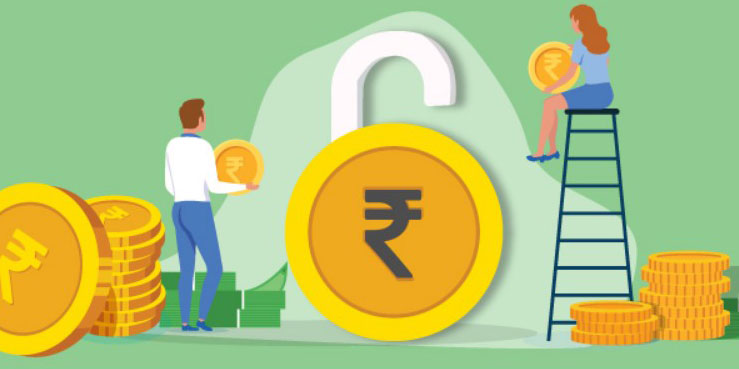Nov 12, 2022 By Triston Martin

You may be interested in knowing the frequency of your credit report updates if you strive to improve your credit or keep an eye out for a specific change. Anyone aware of the value of a strong credit score or hoping to be accepted for a large loan in the near future is likely concerned about the future of their credit report and, by extension, their credit score.
Lenders, credit card companies, and other businesses with which you have credit accounts are primarily responsible for updating your credit report. A daily update to your credit report is possible if you maintain accounts with several companies.
The Process of Credit Report Updates

Credit card companies and other lenders update the credit bureaus with your most recent account information at various points throughout the month. Your current account balance, payment history, and available credit are all things that will be updated for you in the event of an account update.
Any applications you fill out will result in new credit inquiries, which will be reported to the credit reporting agencies. As further information becomes available, credit bureaus collect it and update your credit report.
When Organizations Share Information About You
The Fair Credit Reporting Act requires that creditors submit accurate and timely information, and credit bureaus are not subject to any reporting deadlines.
Account information, such as payment history and the current amount, is reported to the credit bureaus once every month, often on the last day of the billing cycle but sometimes at other times. As often as once every 45 days, some creditors may send you a statement detailing your account.
The Regularity of Credit Report Updates

Your credit report might be updated as frequently as once a day or even more regularly if your creditors report new information to the credit bureaus. However, this does not imply that all of your accounts are refreshed daily.
Some of your account holders may report to the credit agencies once each month, while others may wait until the end of the month. It does not take long for changes to appear on your credit record once your creditors have reported them to the credit agencies.
Most creditors now report credit information electronically, so any changes you make to the credit bureaus should instantly be reflected on your report. On the other hand, if no significant changes have been made to your accounts, you may not notice any adjustments on your credit report.
How Long Does It Take for a Credit Score to Boost?
Your credit score will be updated to reflect the new information on your credit report the next time you request your credit score from the credit reporting agencies after the adjustments have been made. That doesn't imply that every change to your credit report will affect your credit score.
Whether or not your score shifts after an update depends on the specifics of the update, the credit scoring model, and other data in your credit file. The most significant changes in your credit score will come from overdue payments or shifting credit card balances.
Methods For Keeping and Raising Credit Ratings
Credit scores tend to change slightly; this is to be expected. Credit ratings also tend to fluctuate widely over time. But by regularly sticking to sound financial practices, you may keep your credit ratings where they are or even raise them. To keep and even raise your credit ratings, try these measures:
Make Timely Payments
When it comes to credit ratings, your payment history is a significant issue. Therefore, one way to boost credit is to pay off any overdue debts, including credit card balances. Having payments deducted from your account on a fixed schedule will help you keep up with your payments. Signing up for email and text notifications is common among many businesses.
Keep Credit Use Minimal
Financial experts advise that no more than 30% of your available credit be used at any time. Credit scoring models include how near you are to being maxed out,' as the Consumer Financial Protection Bureau (CFPB) puts it. Credit scores might take a hit according to how near you are to reaching your limit.
Pay Off Your Debts
The Consumer Financial Protection Bureau recommends that you make payments toward the whole balance of your credit card every month. If you pay off your debt in full at the end of each billing cycle, you may maintain your credit usage ratio low and your balance far below your credit limitations.
"You don't need to cycle on credit cards to have a decent score," the Consumer Financial Protection Bureau says. Monthly payments that are made as a whole are associated with better credit ratings.
-

Mortgage Review For Quicken Loans In 2023
May 25, 2023
-

Our Cash Offers More Advantageous to Sellers?
Mar 17, 2022
-

Best Places to Retire In Panama
Jun 30, 2023
-

How Do Unsecured Loans Work?
Aug 26, 2022
-

Lenders for Mobile Home Financing
Jul 15, 2022
-

A Quick Shot: What Is an Alien Insurer?
Aug 08, 2022
-

See How: Is It Possible to Retire at 45 With $500,000?
Jul 23, 2022
-

Do You Know: What is a Direct Stock Purchase Plan?
Aug 06, 2022



